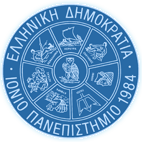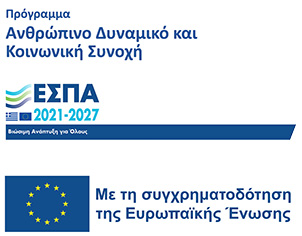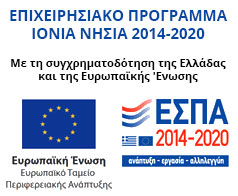
Music graduates are experiencing a difficult repositioning of their function within society and the labor market. The COVID impact on young classical music HEIs students, still undervalued, has been meteoric, creating a “lost generation” of artists out of the normal performance circuit (Coronavirus consequences for the cultural sector EU Parliamentary Research Service 2020). In a few months, HEIs and the music and art world needed to find a new way to operate, and music students themselves had to dramatically rethink their skills and performance models (The Future of ICT for Creativity and Creative Industries European Commission, 2021). MUSense is to fill a gap, forging HE Music Institutions to embrace the digital shift and “stimulating innovative learning and teaching practices” in order to sustain and achieve new innovative performance practicies and leverage the digital media potential.
The main outcome of the project will allow targeted groups to establish a new attitude towards the performance event and the audience. MUSense will approach digital technologies not just as a simple additional communication system but will highlight how and in which way the introduction of technology transforms the music experience and the traditional aesthetic (Technology and music performance in the age of mechanical reproduction Frederickson 1989). MUSense, therefore, is planning to create in music HE actors (students, teachers, staff, governance) a unique mindset revolution able to knowingly act on the normal chain of art expression that has been around for centuries. Teachers, staff, and students will rethink their active position in engaging the "remote" general public (or a wider audience, or non-specialists) as part of their curricula and artistic performance, radically changing the relation skills-performance-audience. In MUSense, the dynamic and enduring interaction between skills and cyber performance becomes the crucial future of the new digital creative and didactic model.
More information is available here
Επιστροφή




